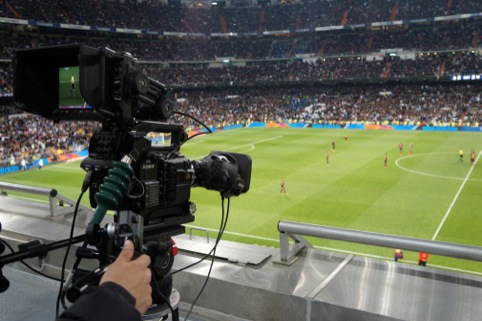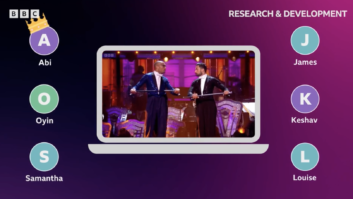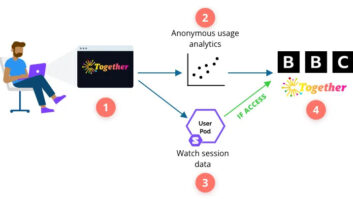
The BBC has given the strongest indication yet of plans to launch an Ultra HD service by performing a test broadcast of three matches from the FIFA World Cup in 4K.
Coverage of the matches, all from Rio’s Maracanã stadium, including the final game on 13 July, are being produced and sold by FIFA in Ultra HD alongside the standard HD coverage.
The BBC is one of several broadcasters taking the opportunity to test deliver the 4K feed as a prelude to possibly launching channels or online services in the format.
Although a BBC Ultra HD channel is not imminent, the tests by BBC Research & Development will help to inform the BBC’s 4K strategy. “We believe in increasing definition which we think offers a tangible benefit for audiences and our ability to tell stories,” said Matthew Postgate, controller, BBC Research & Development.
“The idea is that we will learn some practical lessons on top of the theoretical work we’ve already done to look at how we might start to piece together 4K distribution for a UK audience. Over the next 12-18 months it will help inform how a strategy might manifest.”
In accordance with the BBC’s need as a public service broadcaster to reach as many licence fee payers as possible with its programming, the corporation is testing delivery of the 4K feed over both IP network and over the airwaves of its existing digital terrestrial TV infrastructure.
Final viewing of the matches in 4K will be screened behind closed doors at the R&D labs of the BBC and its project partner, BT.
The live Ultra HD streams will be transported from Brazil via the Eurovision satellite network to the UK where they will be decoded and re-encoded in the HEVC compression format for distribution over BT’s IP network and simultaneously over a portion of the UK transmitter network managed for the BBC by Arqiva.
In a blog statement, the BBC said the project’s aim was “to better understand the latest Ultra HD distribution technologies and standards in a live outside broadcast, helping to inform future development, best practices and, ultimately, to ensure any future Ultra HDTV services can make a real impact when they launch.”
Postgate added: “By experimenting with both [IP and digital terrestrial TV] we can bring to life our vision of a hybrid distribution infrastructure. By understanding what role digital terrestrial TV can play in Ultra HD, alongside the role of IP in Ultra HD, we are hoping to end up with some view of what the distribution system of the future will be.”
In 2013, the BBC test recorded matches in 4K from the Wimbledon tennis tournament and it has also produced a six-part natural history series Survivor in the format, which is due for transmission later this year (in HD).
Executives at the corporation have long let it be known that they consider higher resolution a more immersive viewing experience than 3D — and consequently the more likely broadcast technology to take off. During the 2012 Olympics from London, it teamed with Japanese broadcaster NHK to deliver live broadcasts to giant screens in the UK, US and Japan in 8K, a resolution 16 times greater than HD.
Rival pay TV broadcasters BT and BSkyB are also positioning themselves for an Ultra HD future. Last September, Sky Sports tested a live 4K broadcast via satellite of an English Premier League match to an invited audience at its Osterley, London headquarters and has a 4K-ready outside broadcast vehicle on order to cover cricket matches.
Rival BT is also testing 4K as a way to beef up live sports over its fibre network rather than satellite.







